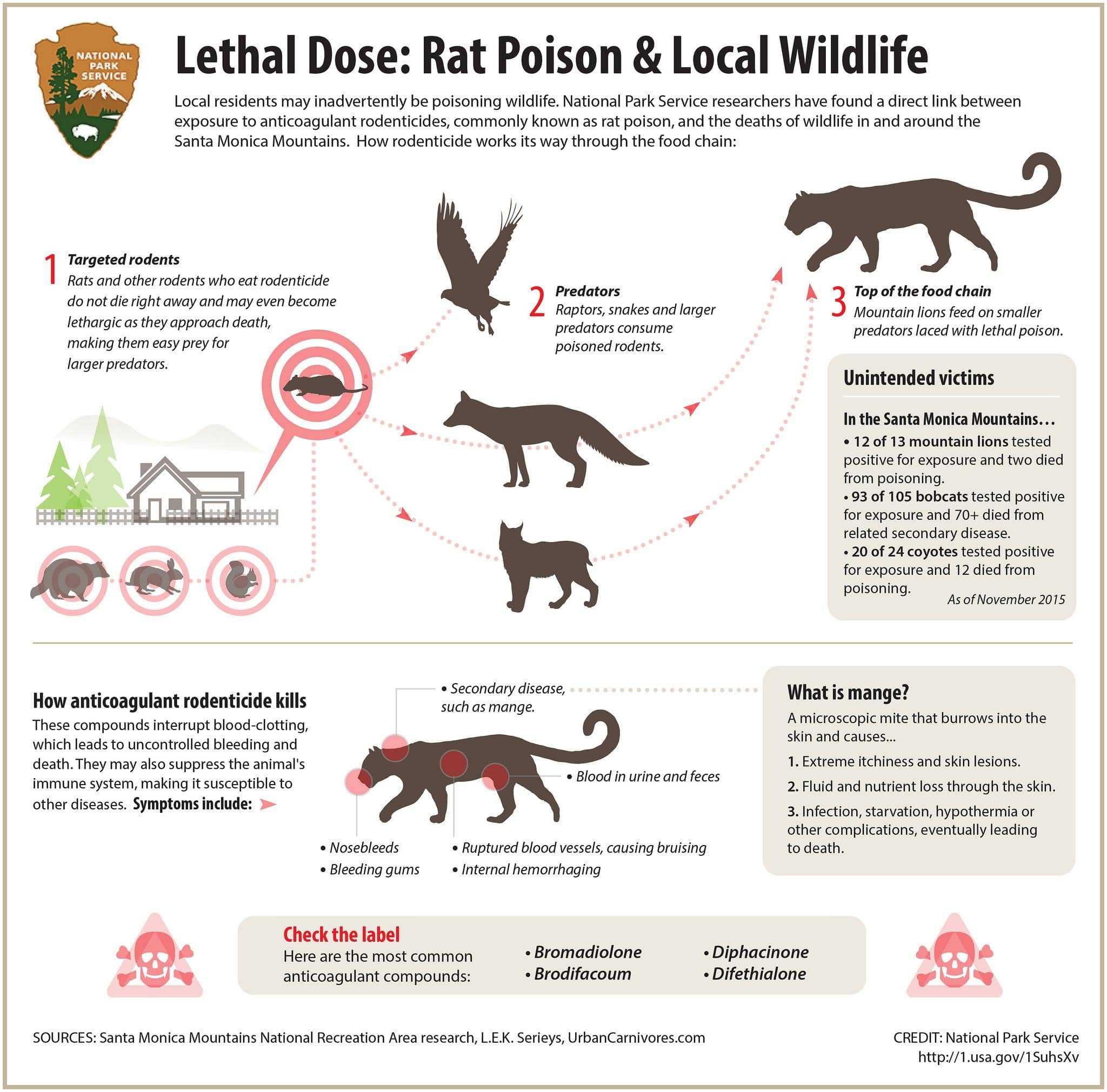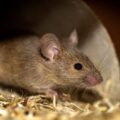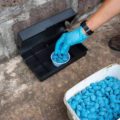Table of Contents
It’s no lie that most people see rats as unwelcome guests. Considering that rats bring disease and are pests to homes, it makes sense why people receive them negatively. People do what they can to eradicate them from their vicinity.
While it’s not wrong to want to get rid of rats, sometimes the measures people take are extreme. Whether fully-grown adult rats or newborn baby rats, many people give them the same treatment. Their initial solutions would go between poisoning the rats or using traps to catch them. However, these methods aren’t necessarily the most ideal.
One could argue that poisoning them or finding out what kills rats instantly seems like an inhumane way to go about things. This is true as rats are just about a part of your environment. Like the other animals you come across, they also share the same living environment with you, and they usually happen to share a little more with you than you’d like.
Aside from that, rats are also known to adapt pretty quickly to any condition you expose them to. No matter what you do, they’ll manage to overcome whatever you put in their way and continue to persist. So it makes sense that poisoning them or killing them will only do so much. Proof of this can be seen in rats becoming more resistant to several pest control methods–specifically poisons and traps.
With all that in mind, is there another better way to deal with a rat problem? Fortunately, there is. What’s more, it’s more effective, but it’s also more humane! So, you’re still doing your part in living together with all the organisms in your environment–rats included.
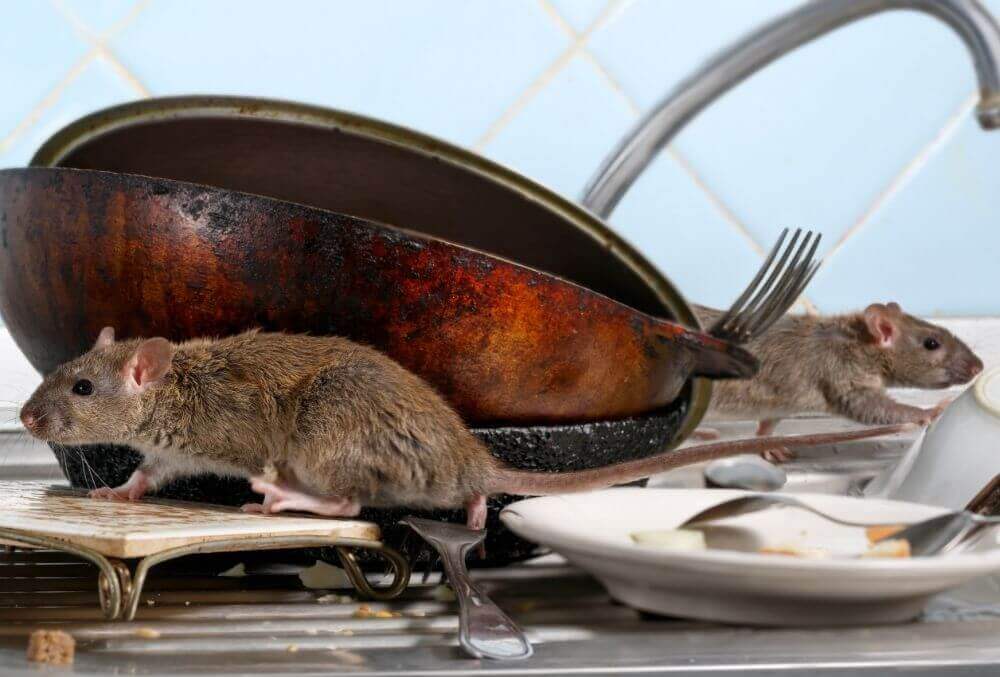
The Root Of The Problem
When dealing with a rat problem, the goal is the same for everyone. No matter the nature of your problem or where it’s happening, the goal is to eliminate the rats. However, while the goals may be similar, the solutions may differ.
For some people, the solution to their problem would be to take care of the current population of rats in their homes. Usually, these types of solutions employ methods such as traps and poisoning. There’s no denying that these kill the rats invading your home. However, there’s still a chance for rats to come back.
The reason why these types of solutions may not work for long would be because of how it addresses the problem. This only looks at eliminating your little furry invaders, and however, it does not address the underlying problem. More specifically, poisoning and trapping don’t address the issue of how the rats showed up at your home in the first place.
So, in line with that, there is another alternative solution to ensuring rats don’t invade your home. This solution takes all precautions to stop rats from seeing your home as an ideal place for them to invade at all! By doing so, you prevent a rat infestation from even happening!
Preventing Rats From Coming Over
To help prevent rats from considering your home as their new quarters, it’s essential to look at what makes them gravitate to an area in the first place. Several factors come into play, and these factors are easy to look after and deal with too! So, what prevention methods does one have to consider?
Covering Potential Entrances
One of the primary ways that rats get inside your home would be through your house’s various openings. From tiny holes in the wall to your heating vents, rats can make do with any space you give them. Once they find it, they’ll use that opening to their advantage.
So, to prevent them from entering your home in the first place, it’s essential to cover up those holes or ensure there are no spaces they can slip through. So, you can cover up holes with materials such as wire mesh or hardware cloth. Regarding the gaps between or within your walls, caulking them or filling them in with insulation would be helpful!
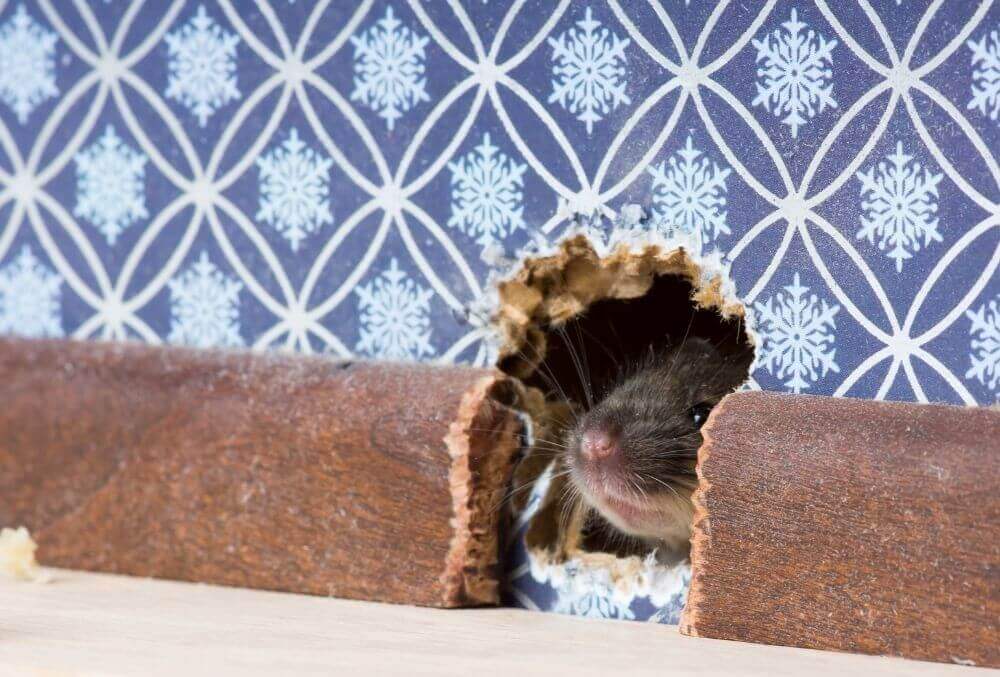
Keeping Things Tidy And Organized
Another essential thing to do is to keep things as neat as possible.
One of the most common ways you can keep things neat would be to maintain the cleanliness of your home. This means cleaning up any litter or leaves around your house, and doing so can take away their hiding places and reveal any holes you might find after cleaning. Maintaining regular garbage disposal is another way to keep things neat, as this eliminates any possible places for them to forage.
Keeping your food stored in proper containers also helps discourage rats from invading your home. By storing food in rat-proof containers, you prevent them from finding food to eat. With nothing to eat, these rats will have no choice but to find another place to forage food.
Repellants
Another way to keep rats away from your home would be to use a rat repellant product. Fortunately, many of these types of products exist. So, should you find one, you have to place it in places where you usually find rats or where they can enter, which should keep them out!
However, it’s worth noting that these repellants aren’t a permanent solution. Therefore, cleanliness and blocking off entryways should still be part of your rat prevention solution.

Conclusion
While most people focus on dealing with a rat problem by trapping or killing the rats, these control methods aren’t exactly the most effective. This is because they do not address the root cause of the infestation, which is how the rats showed up at your house in the first place.
However, there are ways to address a rat problem’s root cause. You need to know the solutions. In this case, barring their entry and keeping a clean home are the most important ways to prevent rats from infesting your home. By dealing with things this way, you don’t have to worry about getting rid of any rats. All you need to worry about is continuously keeping them out.
If anything, doing things this way prevents any contact with these rats in the first place. What’s more, you don’t harm them too! So, if anything, a prevention-centered solution may be a more reasonable response and one that may work better!


